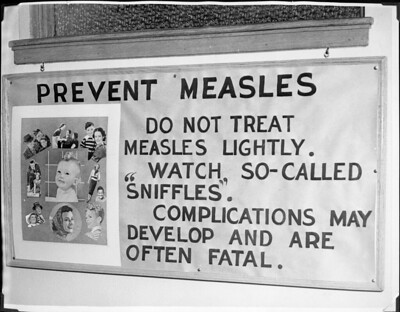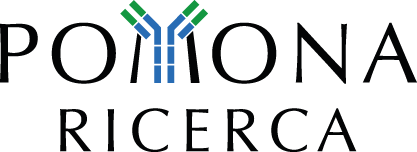The resurgence of Measles: a global call to strengthen vaccination efforts

In an era where public discourse often transforms into polarized debate, vaccines remain a contentious topic, frequently overshadowing clear scientific and epidemiological evidence. As debates over the COVID-19 vaccines persist, their crucial role in controlling the pandemic remains clear. Yet, an even more striking reminder of the importance of vaccination is seen in the recent resurgence of measles outbreaks, particularly in regions disease-free.
Measles: A Global Health Challenge Resurges
Measles is a highly contagious viral disease and continues to pose a significant global health challenge despite the availability of an effective vaccine. New data from the WHO and the CDC reveal a sharp rise in global measles cases in 2023, despite a decrease in mortality. An estimated 10.3 million cases were recorded worldwide, marking a 20% increase compared to 2022. Experts attribute this surge to insufficient vaccination coverage, with over 22% of children missing their first measles vaccine dose. Globally, only 83% of children received their first dose last year, and just 74% received the critical second dose, falling far short of the 95% needed to prevent outbreaks.
Gaps in global vaccination coverage have led to a surge in measles outbreaks worldwide, according to recent reports. In 2023, 57 countries experienced large or disruptive measles epidemics, a dramatic increase of nearly 60% compared to 36 countries the previous year. These outbreaks spanned across regions including the Eastern Mediterranean, Europe, Southeast Asia, the Western Pacific, with Africa bearing the majority of outbreaks. The UK is among the worst-hit countries in Western Europe for measles, with suspected cases surging from 360 in 2021 to 1,603 in 2023. Experts warn the country is at a critical point, risking more severe illness and preventable deaths among children.
On the same line, Canada has reported 130 measles cases in 2024, a sharp rise compared to just 12 cases recorded the previous year. Meanwhile, in Brasilia on November 12, 2024, Dr. Jarbas Barbosa, Director of the Pan American Health Organization (PAHO), and Brazilian President Luiz Inácio Lula da Silva announced that Brazil has been re-certified as free of measles, rubella, and congenital rubella syndrome (CRS).
The Urgent Need for Global Action
“The number of measles infections are rising around the globe, endangering lives and health,” CDC Director Mandy Cohen said, “The measles vaccine is our best protection against the virus, and we must continue to invest in efforts to increase access.” Both WHO and CDC describe the death toll from measles as “unacceptable.” Moreover, with the rise in measles cases and outbreaks, the analysis highlights that the “global elimination goal” for the disease, as outlined in the Immunization Agenda 2030, is at risk.
Vaccination not only protects individuals but also helps build community immunity (coverage of 95%), reducing outbreaks and safeguarding those unable to be vaccinated. As stated by Natasha Natasha Crowcroft, senior technical advisor on Measles and Rubella at the WHO and co-chair of the Measles and Rubella Partnership (M&RP), “The Measles vaccine is safe and effective and is available in every country in the world. All deaths from measles are preventable and no child should die from measles anywhere”. Ensuring access to this life-saving vaccine is a shared responsibility, requiring global cooperation and commitment to reach every child, regardless of location

